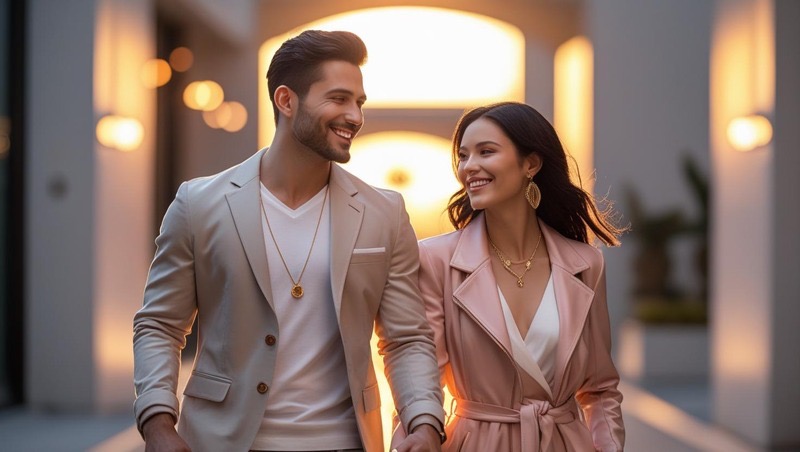
What Happy Couples Do Differently in the Early Stages
The early stages of a relationship are full of excitement, attraction, and potential. But what separates couples who flourish from those who fade out after a few months?
The answer isn’t luck—it’s intention.
Happy, long-lasting couples tend to approach the beginning of their relationship with clarity, emotional maturity, and mutual respect. Here’s what they do differently from the start to lay the foundation for real, lasting love.
1. They Communicate Openly from the Start
Instead of avoiding deep topics, happy couples ask questions, share thoughts, and express their feelings honestly—even early on. The Gottman Institute notes that couples who build strong communication habits early are more likely to withstand future challenges.
2. They Set Emotional Boundaries Early
They don’t confuse closeness with losing independence. Healthy couples respect each other’s space, needs, and time apart. Mind.org.uk highlights boundary-setting as a critical skill for preventing burnout and codependency in new relationships.
3. They Don’t Rush the Process
Rather than forcing a connection, happy couples allow the relationship to evolve naturally. This builds authentic intimacy over time, not out of pressure. Healthline explains that pacing intimacy helps build emotional safety and trust.
4. They Have Clarity on Their Intentions
They don’t play games or leave each other guessing. If they want something serious, they say it. That level of honesty prevents mismatched expectations and wasted time. eHarmony recommends being upfront about relationship goals within the first few dates.
5. They Practice Active Listening
Rather than waiting for their turn to speak, happy couples really listen. They respond with curiosity, empathy, and interest. Verywell Mind calls active listening a cornerstone of relationship success from the very beginning.
6. They Stay Present (and Off Their Phones)
Whether it’s a coffee date or a phone call, they give each other their full attention. That level of presence creates trust and makes each person feel valued. Psychology Today emphasizes presence as a powerful way to build emotional intimacy.
7. They Ask Thoughtful Questions
Rather than sticking to small talk, happy couples get curious. They explore values, dreams, fears, and experiences early on to understand who they’re really connecting with. The And Game offers conversation starters that deepen connection fast.
8. They Respect Differences Without Trying to “Fix” Each Other
No two people are exactly alike—and happy couples know that. Instead of trying to change their partner, they focus on compatibility and acceptance. Greater Good Science Center highlights how empathy and perspective-taking boost satisfaction early in relationships.
9. They Celebrate Small Wins
A good date, a kind text, or a shared laugh—these small moments are acknowledged and appreciated. Tiny Buddha says gratitude is one of the simplest ways to stay connected and grounded in new love.
10. They Don’t Let Past Baggage Take Over
Everyone has a history, but happy couples focus on the present. They may share past stories, but they don’t project old fears or insecurities onto their new partner. BetterHelp offers tools for healing from old wounds before starting something new.
11. They Balance “Me Time” and “We Time”
Spending every moment together may feel romantic—but it’s not sustainable. Happy couples balance closeness with independence, maintaining friendships, hobbies, and routines outside the relationship. Healthline explains how personal space keeps the relationship healthy.
Final Thoughts
The happiest couples don’t just fall in love—they build it.
From day one, they communicate with care, pace the relationship with intention, and show up for each other with honesty and respect. These early-stage habits create the kind of emotional foundation that love can grow on—slowly, steadily, and deeply.
Because a strong relationship doesn’t just feel good—it functions well, too.


